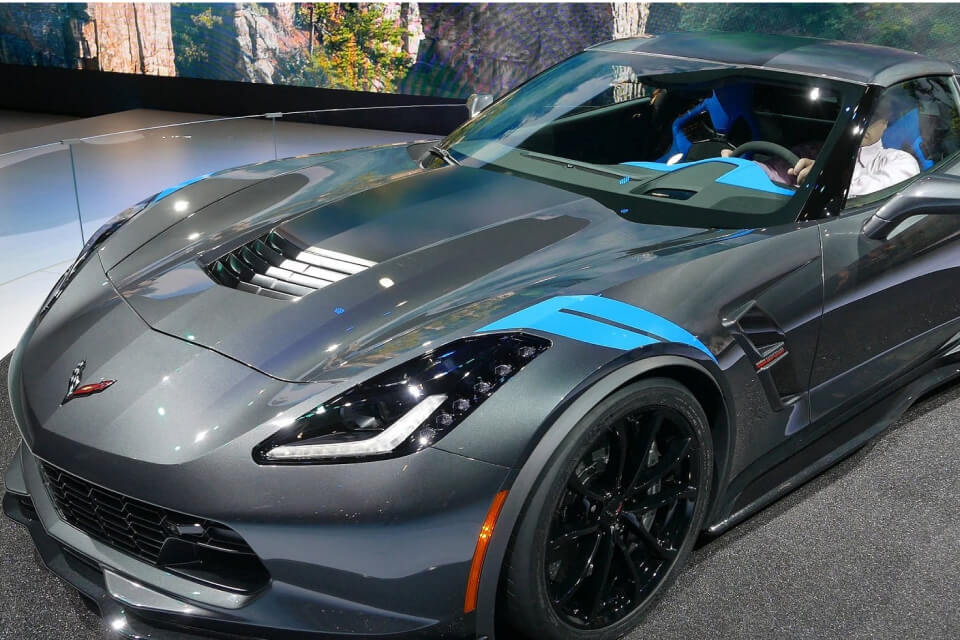When it comes to choosing the right car insurance, understanding what to look for in car insurance is crucial for every driver. With a myriad of options available, it can be overwhelming to navigate through the various policies, coverage types, and premium rates. Key factors such as liability coverage, collision and comprehensive insurance, deductibles, and customer service ratings play a significant role in determining the best fit for your needs. By familiarizing yourself with these elements, you can make a more informed decision that not only protects your vehicle but also your financial well-being.
In this article, we will delve deeper into the essential aspects of car insurance that you should consider before making a purchase. You will learn about the different types of coverage available, how to assess your personal needs, and the importance of comparing quotes from multiple providers. Additionally, we will discuss common pitfalls to avoid and tips for maximizing your savings while ensuring adequate protection.
Whether you are a first-time car owner or looking to switch your current policy, understanding what to look for in car insurance can save you time, money, and stress. Stay with us as we guide you through the intricacies of car insurance, empowering you to make the best choice for your unique situation. Read on to discover how to secure the coverage you need at a price you can afford!
Choosing the right car insurance can be a daunting task, but understanding the key factors can simplify the process. Here are five essential aspects to consider when selecting car insurance.
Coverage Types
When looking for car insurance, it’s crucial to understand the different types of coverage available. The most common types include liability, collision, and comprehensive coverage. Liability insurance covers damages to other people and their property if you’re at fault in an accident. Collision insurance pays for damages to your own vehicle after an accident, while comprehensive coverage protects against non-collision incidents such as theft, vandalism, or natural disasters.
It’s important to assess your personal needs and driving habits when choosing coverage types. For instance, if you own a new or high-value car, opting for comprehensive coverage might be wise. Conversely, if you drive an older vehicle, you may consider lower coverage options to save on premiums.
Premium Costs
The cost of premiums is a significant factor in selecting car insurance. Premiums can vary widely based on several factors, including your driving history, the type of vehicle you drive, and your location. It’s essential to obtain quotes from multiple insurance providers to compare costs effectively.
Additionally, consider the balance between premium costs and coverage limits. Sometimes, a lower premium may come with higher deductibles or less coverage, which could lead to higher out-of-pocket expenses in the event of a claim. Understanding this balance is key to making an informed decision.
Discounts and Benefits
Many insurance companies offer various discounts that can significantly reduce your premium costs. Common discounts include safe driver discounts, multi-policy discounts (for bundling car insurance with home or renters insurance), and discounts for low mileage. It’s beneficial to inquire about all available discounts when obtaining quotes.
Moreover, some insurers provide additional benefits such as roadside assistance, rental car reimbursement, and accident forgiveness. Evaluating these perks can enhance your overall insurance experience and provide added peace of mind on the road.
Customer Service and Claims Process
Customer service quality and the claims process are critical factors to consider when choosing car insurance. Researching customer reviews and ratings can provide insight into how well an insurance company handles claims and customer inquiries. A company with a reputation for excellent customer service can make a significant difference during stressful situations, such as filing a claim after an accident.
Additionally, understanding the claims process is vital. Look for insurers that offer a straightforward and efficient claims process, including online claims filing and 24/7 support. This can save you time and frustration when you need assistance the most.
Financial Stability of the Insurer
Finally, it’s essential to consider the financial stability of the insurance company. A financially stable insurer is more likely to pay out claims promptly and reliably. You can check the financial ratings of insurance companies through independent rating agencies such as A.M. Best or Standard & Poor’s.
Choosing an insurer with a strong financial standing can provide peace of mind, knowing that they will be able to fulfill their obligations in the event of a claim. This is particularly important for long-term policies, where you want to ensure the company will be around to support you in the future.
| Factor | Description |
|---|---|
| Coverage Types | Understand the different types of coverage available, such as liability, collision, comprehensive, and uninsured/underinsured motorist coverage. |
| Premium Costs | Compare premium costs from different insurers to find a policy that fits your budget while providing adequate coverage. |
| Deductibles | Consider the deductible amounts; higher deductibles usually mean lower premiums, but ensure you can afford the deductible in case of a claim. |
| Discounts | Look for available discounts, such as safe driver discounts, multi-policy discounts, and discounts for vehicle safety features. |
| Customer Service | Research the insurer’s customer service reputation, including claims handling and support availability. |
| Financial Stability | Check the financial stability and ratings of the insurance company to ensure they can pay claims when needed. |
| Policy Flexibility | Evaluate the flexibility of the policy in terms of coverage options and the ability to adjust limits as your needs change. |
| Reviews and Ratings | Read customer reviews and ratings to gauge the experiences of other policyholders with the insurer. |



